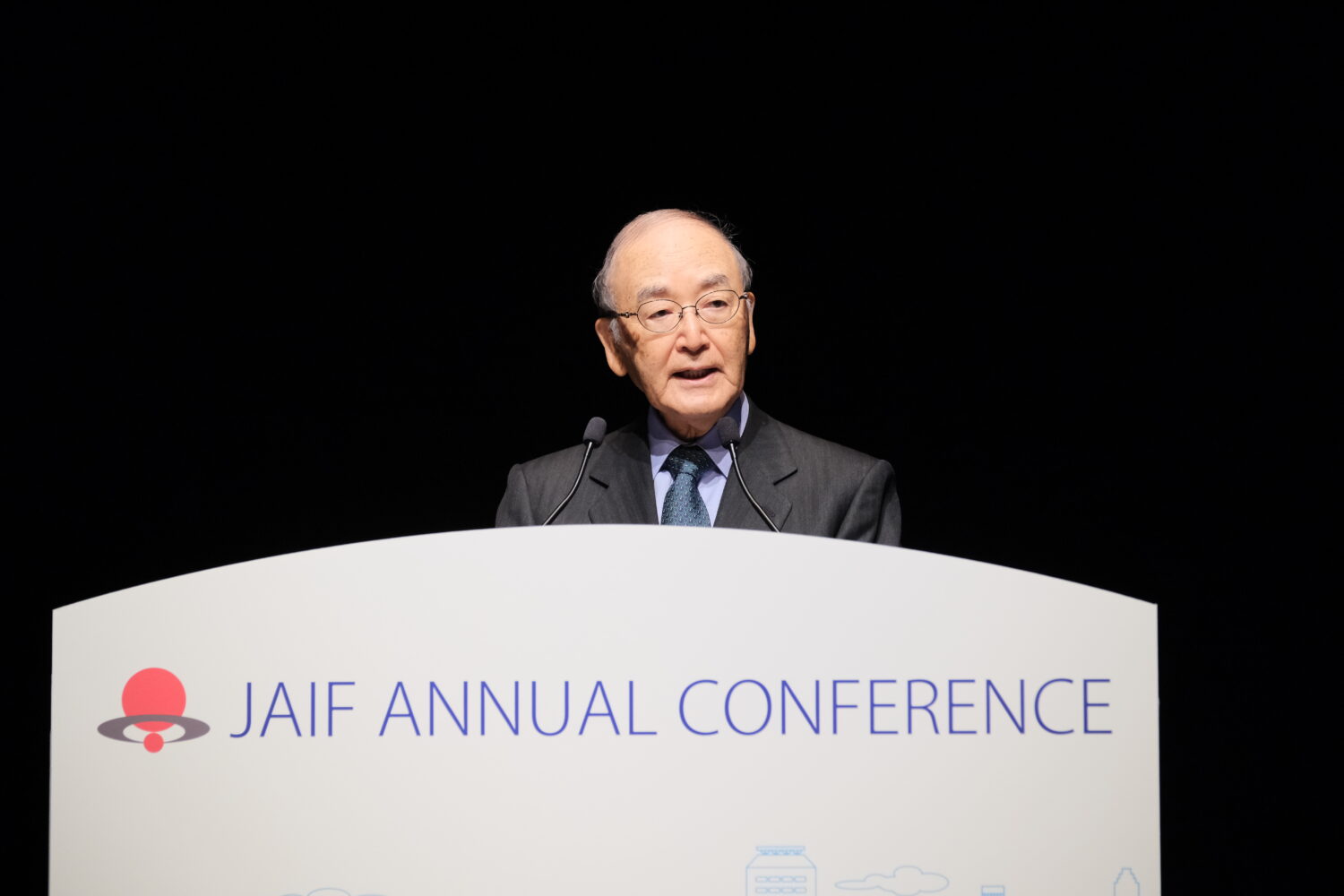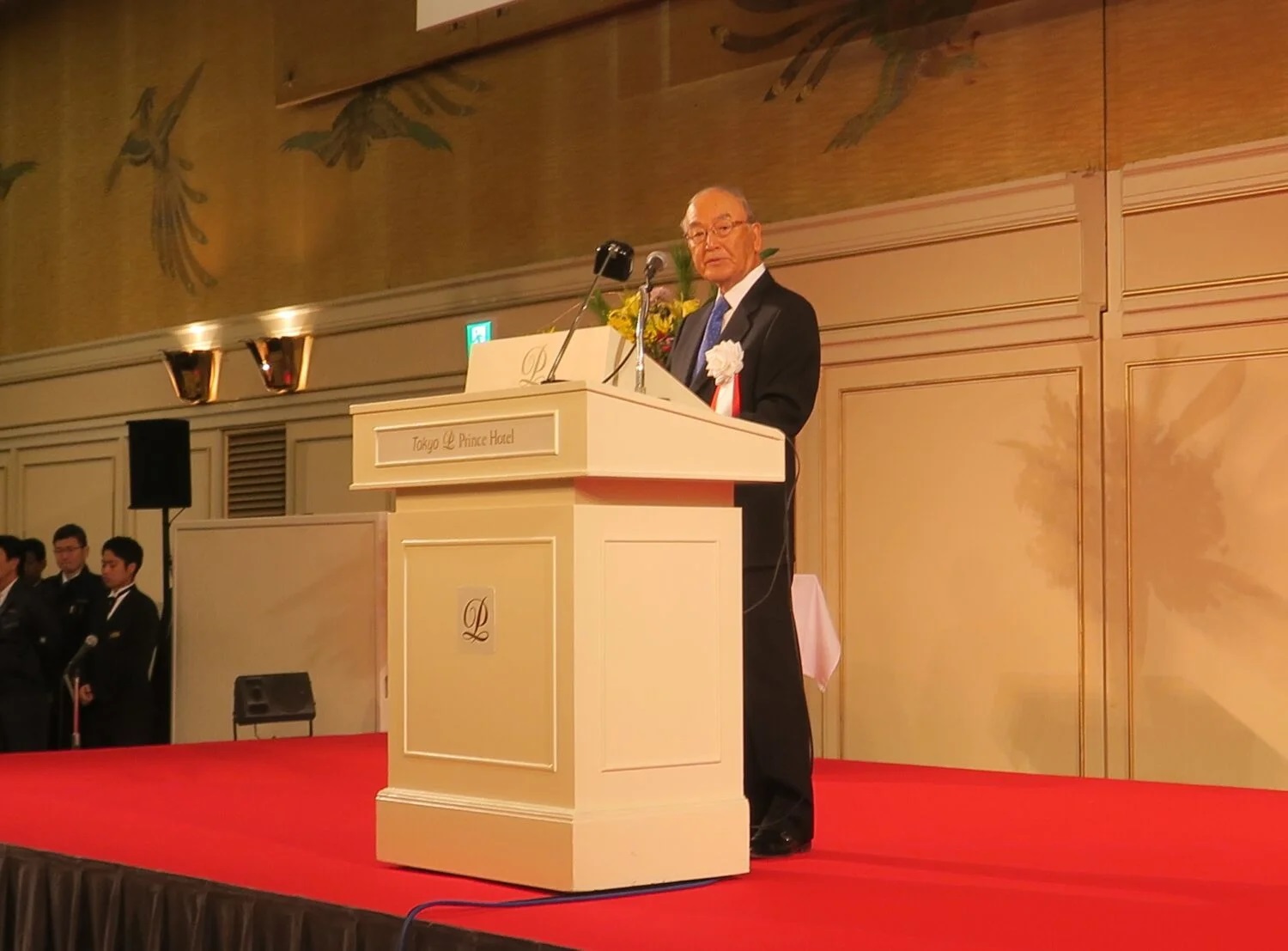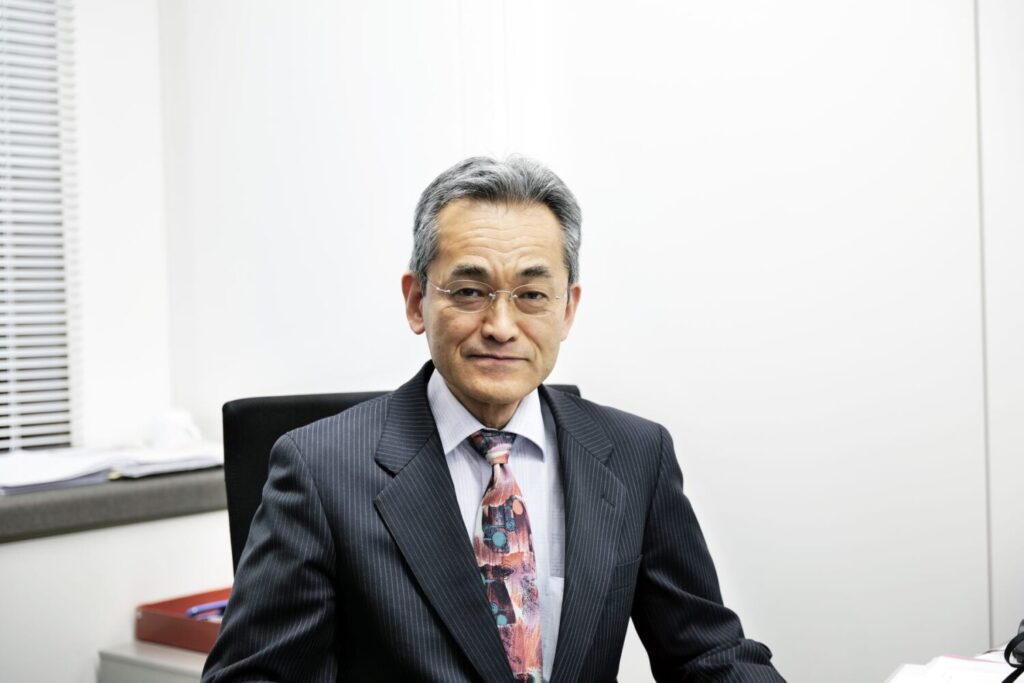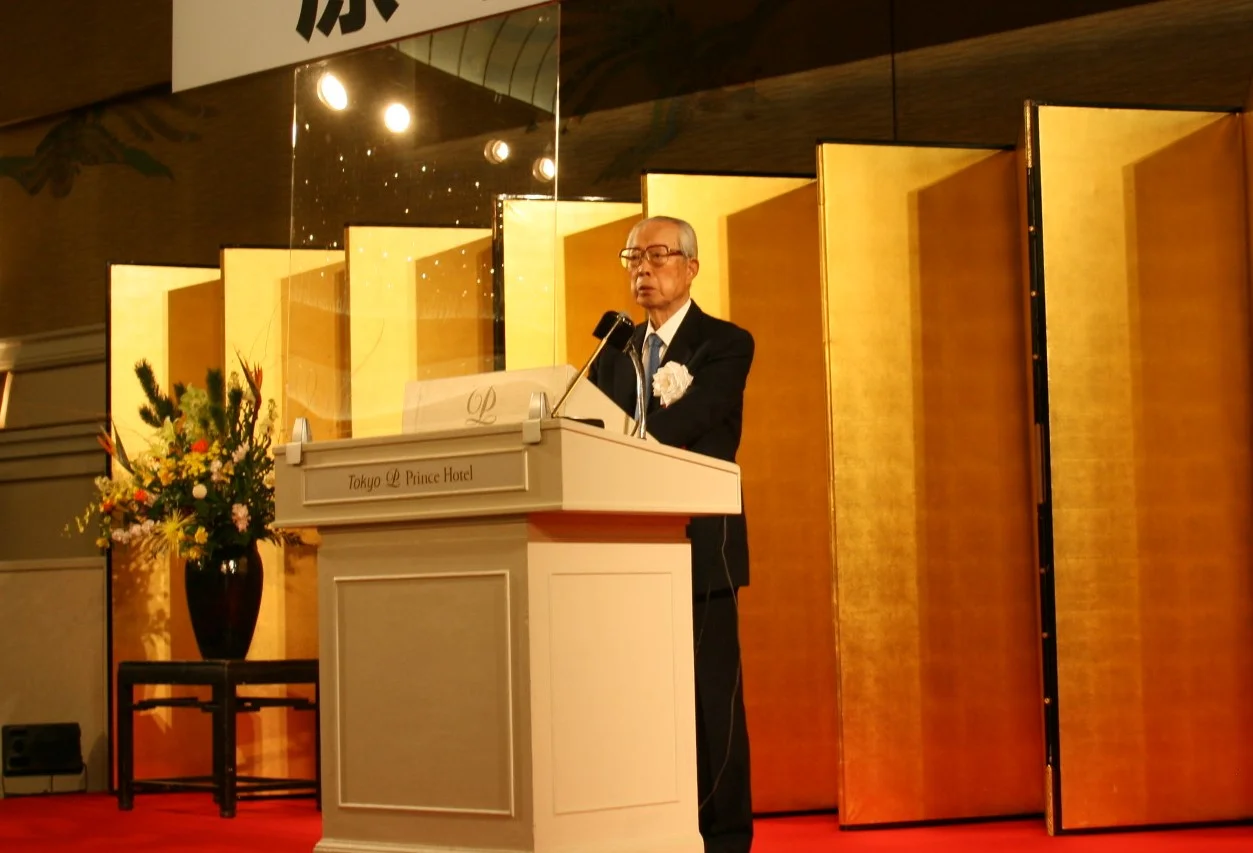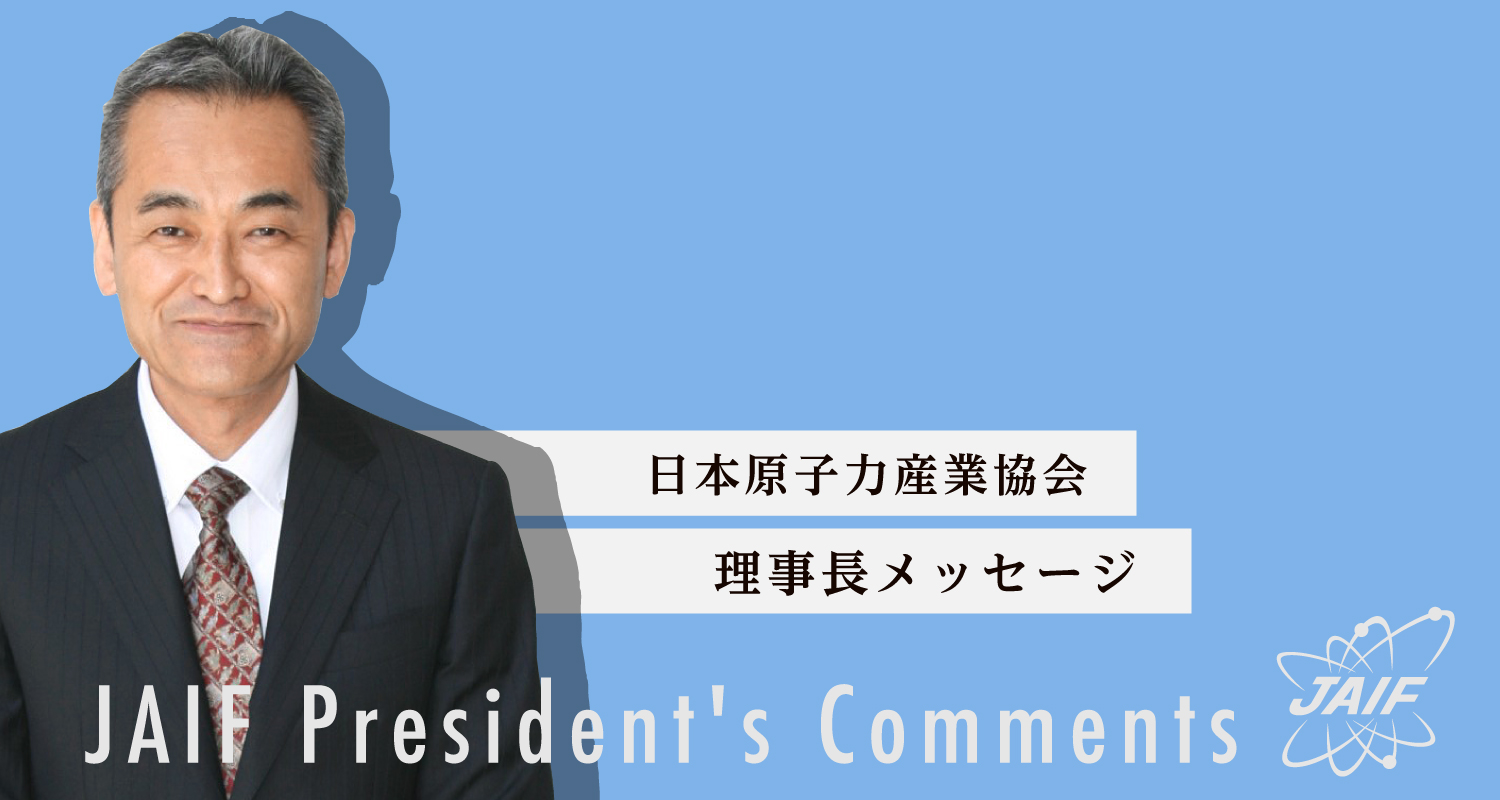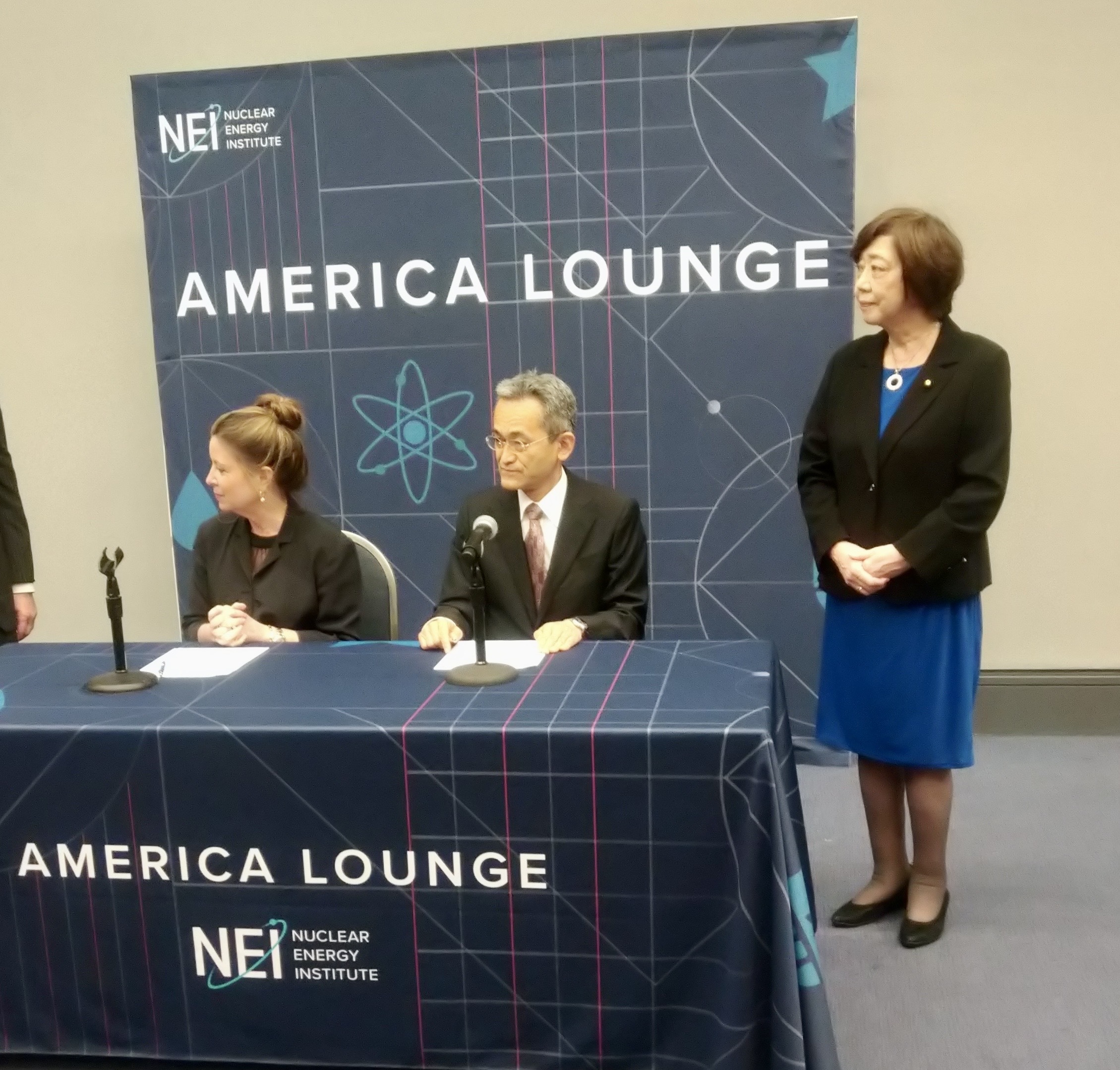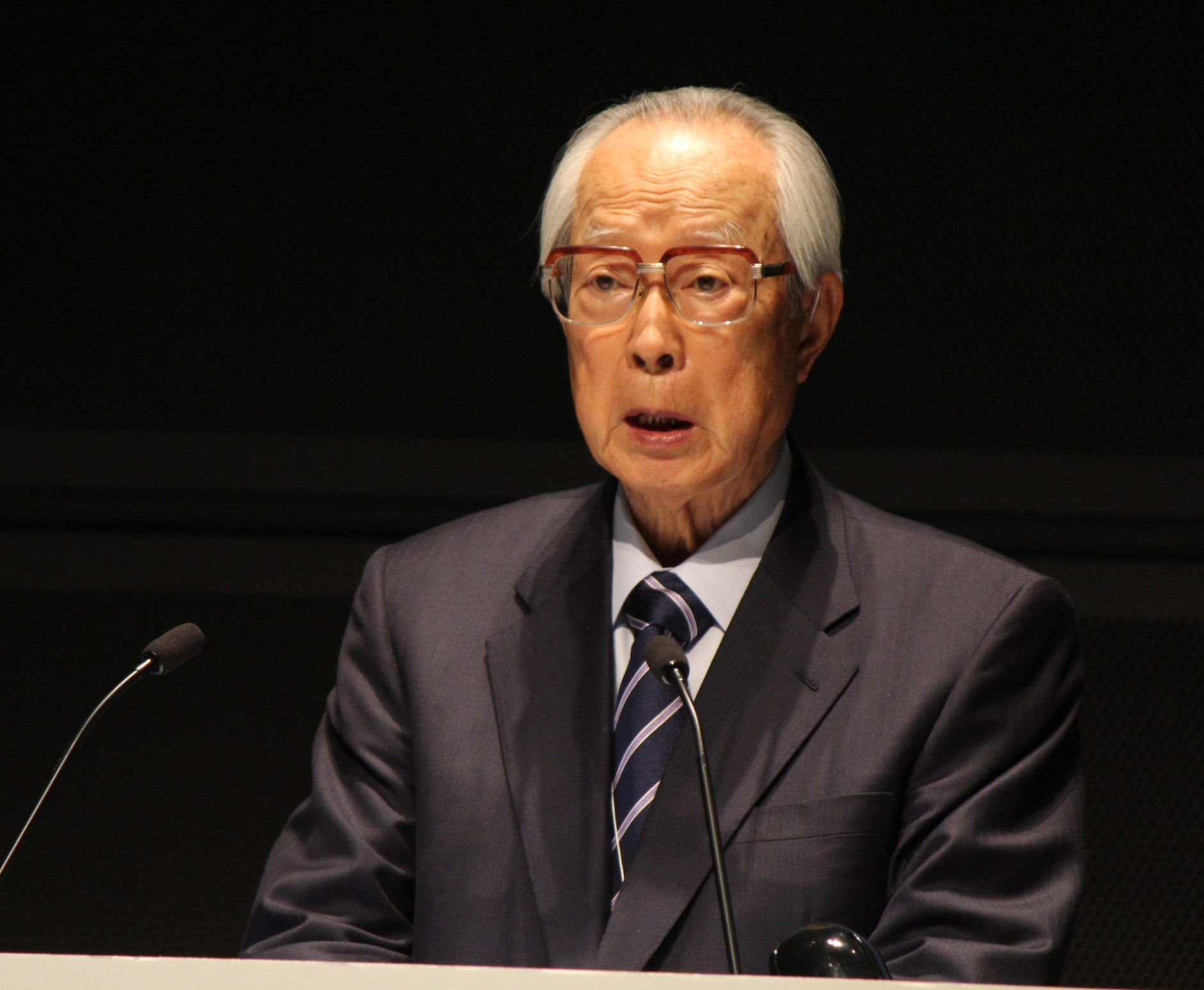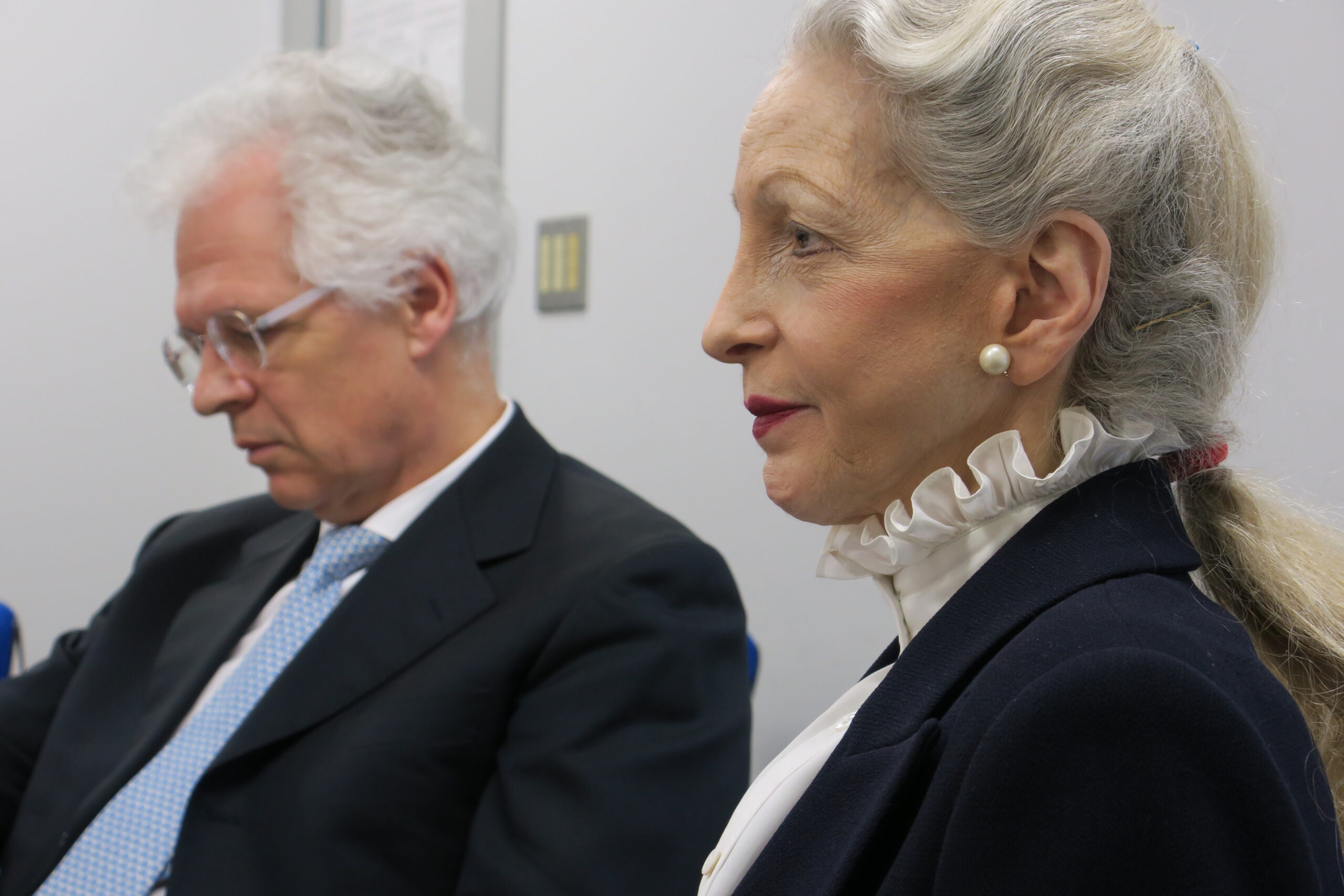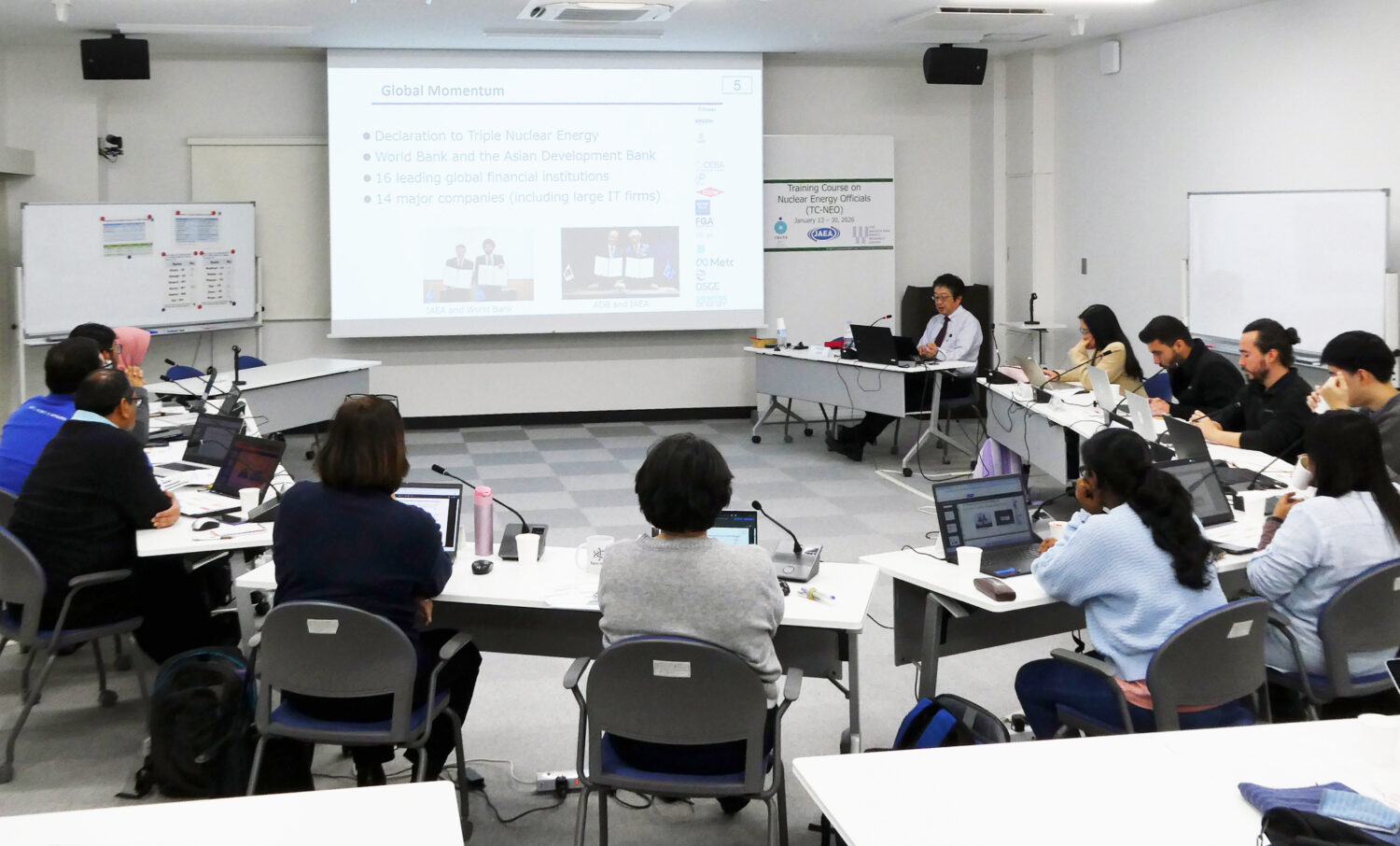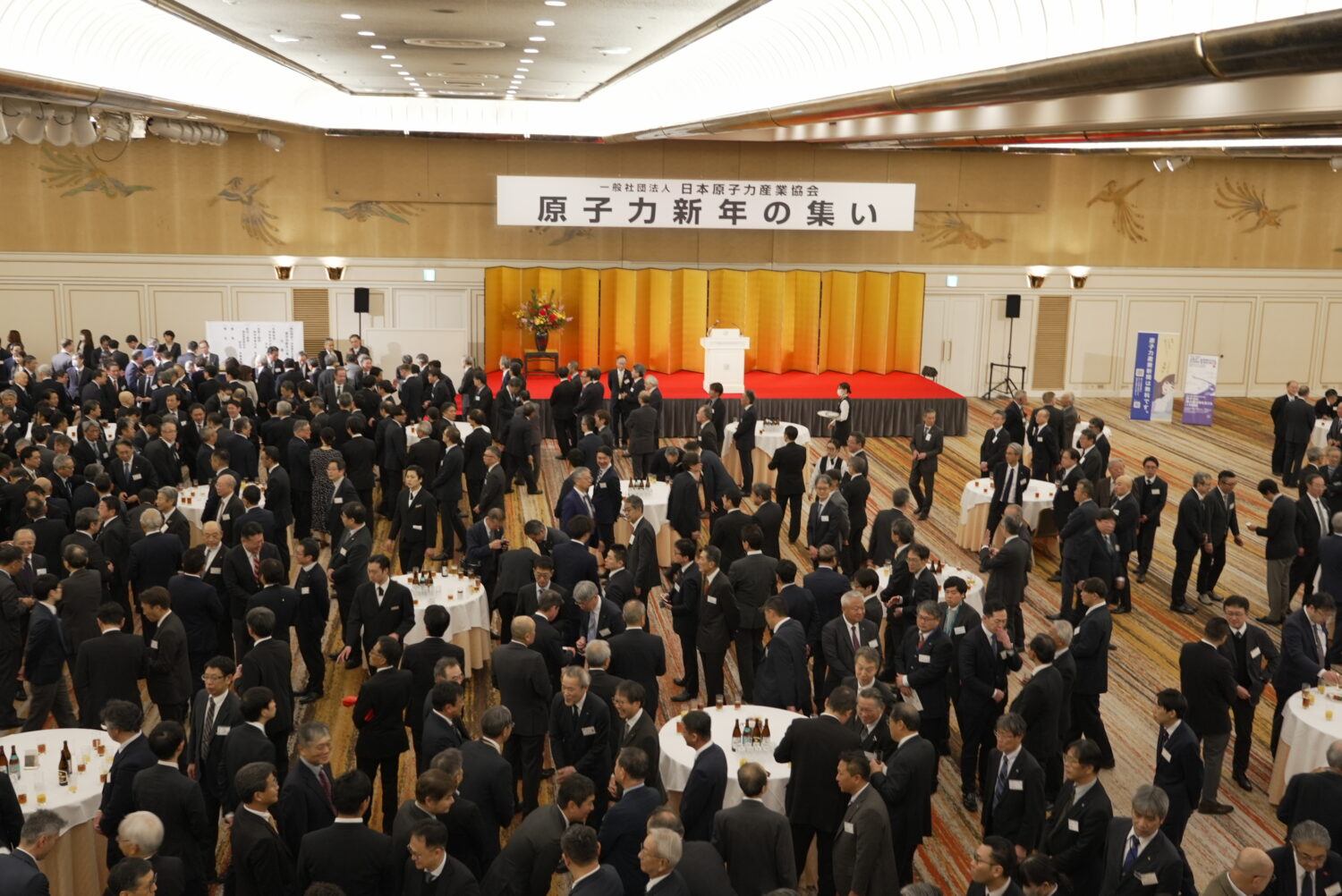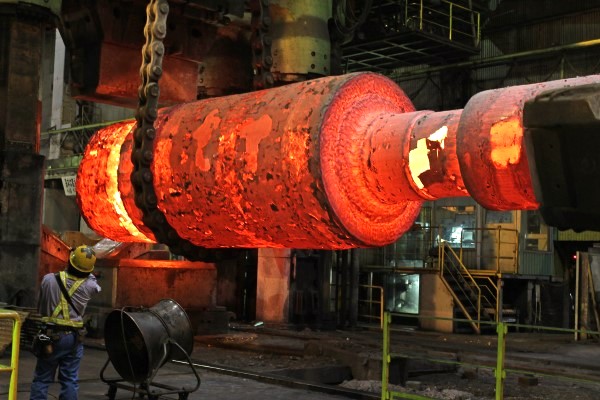Today, the world sees a tightened balance between energy supply and demand, along with global inflation stemming from reduced investments in fossil resources, and the beginnings of recovery from the economic stagnation brought on by COVID-19. Combined with the effects of the Russian invasion of Ukraine last February, countries—in terms of their energy security—are confronting urgent issues in their search for stable supplies of energy. Additionally, there is no more time to wait in dealing with climate change, given the goal of limiting the average global temperature increase to 1.5°C that was adopted at COP27 in 2022. Technologically advanced nations, in particular, have been asked to strive more to reduce their emissions of greenhouse gases.
Under such circumstances, there have been conspicuous moves worldwide toward the recognition of nuclear energy as the key to simultaneously resolving issues of energy security and achieving carbon neutrality. Several countries, including the UK, France, and Poland, are uprating their nuclear power plants and planning new ones. According to a report released by the International Energy Agency (IEA) last year, the use of nuclear power will have to be doubled by 2050 to realize carbon neutrality. It is obvious to the world that nuclear power is actively needed. That goes for Japan as well.
Although Japan’s national policy on use of nuclear power had been ambiguous for a long time, the government took the lead in clarifying it at a meeting last year of the GX Implementation Council, taking the first steps forward at last. I highly appreciate that, especially these points:
・ Integrating the capabilities of all parties related to restarting the seven NPPs that have already cleared their safety examinations.
・ Using existing NPPs to the maximum extent, including extending their operating lifetimes.
・ Developing and constructing next-generation advanced reactors.
・ Accelerating the processes of reprocessing, decommissioning and final disposal.
It is significant that the government has clearly demonstrated the courses of action on these points. When they are realized as actual policy going forward, the nuclear industry will be able to move ahead confidently with its business. We anticipate that the government will develop a suitable business environment, including legislation. At the same time, steady efforts at assurance and safety are vital for nuclear energy to be utilized as a useful source.
There has been great progress in the decommissioning of the Fukushima Daiichi . In July, the Nuclear Regulation Authority of Japan (NRA) approved the plan by the Tokyo Electric Power Co. (TEPCO) for handling water treated by the Advanced Liquid Processing System (ALPS). In anticipation of offshore release in the spring, work is underway to install facilities. I want those involved in the work to demonstrate steady execution, and would also like to see activities continued to promote understanding. That is a major step in the decommissioning.
Meanwhile, the Rokkasho Reprocessing Plant has been considered “nearly complete” for many years. The nuclear fuel cycle—through the reuse of plutonium—represents a very important business in making nuclear energy Japan’s quasi-domestic energy source. It contributes greatly to the efficient use of resources and a reduction in the volume and toxicity of radioactive waste. The start of the reprocessing plant is instrumental. At the end of last year, a new schedule was announced for the completion of the facility. I want all parties to join forces toward its completion.
In terms of the sustainable use of nuclear power in the future, an important role will be played by activities to select a final disposal site for high-level radioactive waste (HLW). Literature surveys have been carried out at Suttsu Town and Kamoenai Village, both in Hokkaido. The matter should be addressed nationally. I expect steady progress through cooperation between the government and industries.
Given that nuclear energy is not only a means for power generation but has other potential applications as well, including in cancer therapy through the use of radiation, it is poised to make considerable contributions to the “sustainable growth” of us as human beings. JAIF will explain, carefully and thoroughly, the truth about nuclear energy’s extensive uses, benefits and value, and endeavor to obtain the public’s understanding and confidence.
To those ends, we at JAIF are determined to continue our work on behalf of the entire nuclear industry, with the support of our members and all of you here today.
Finally, I close my New Year’s greeting with our promise of making further and utmost efforts in activities, particularly for promoting understanding in regions outside of main metropolitan centers and among the public in general, securing and fostering human resources toward the revitalization of the nuclear industry, and promoting international cooperation.
Thank you for your kind attention.
IMAI Takashi, Chairman, JAIF


